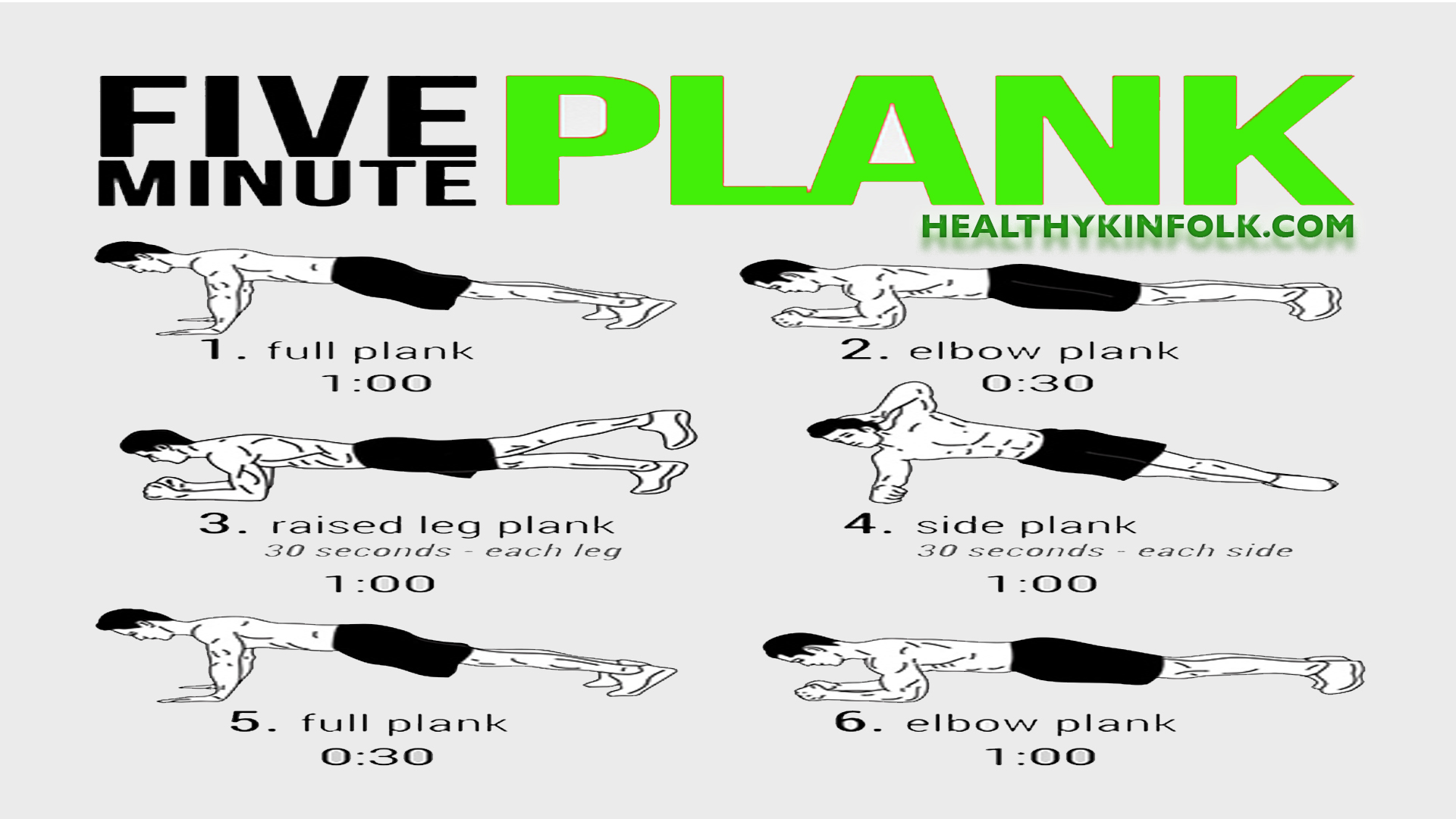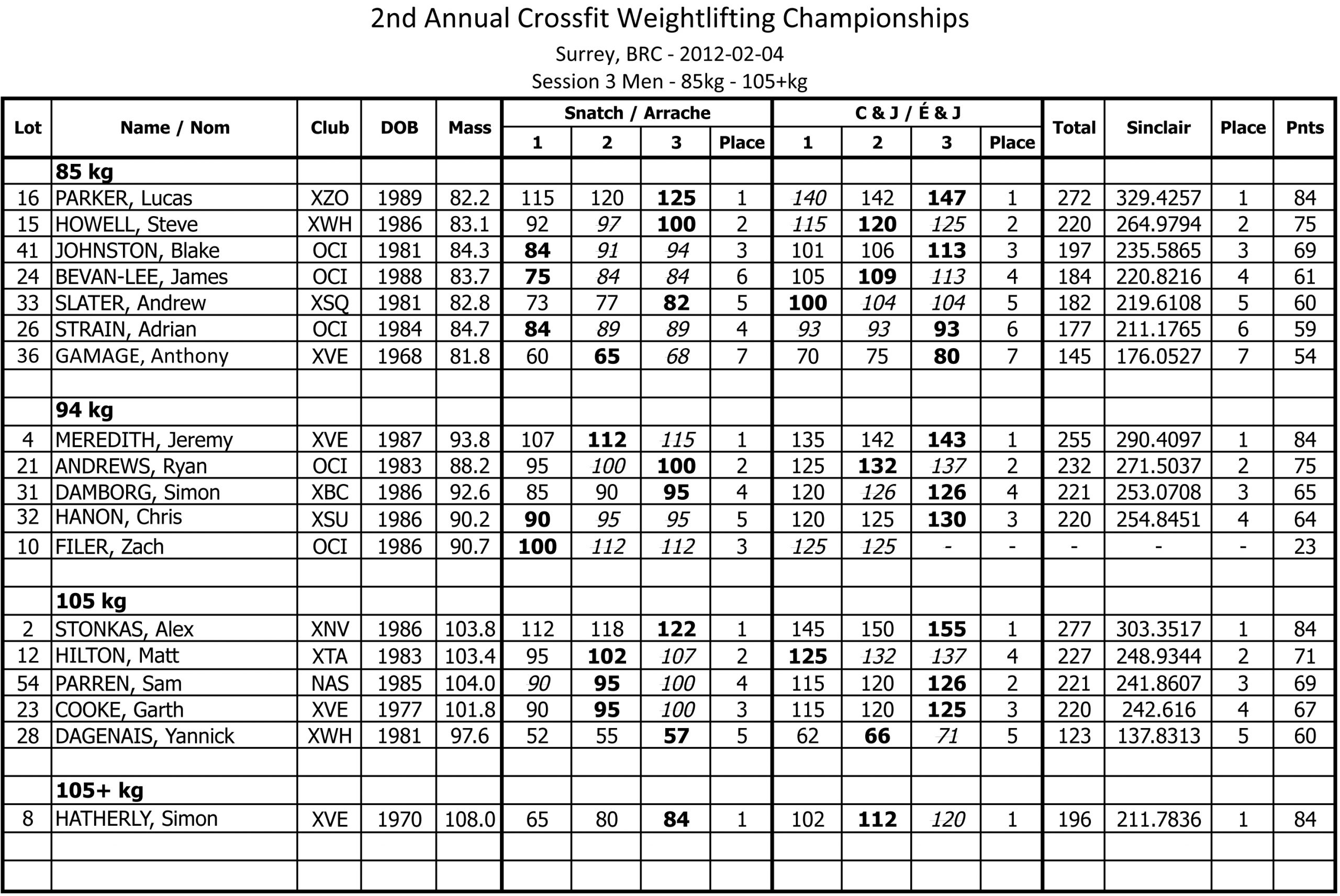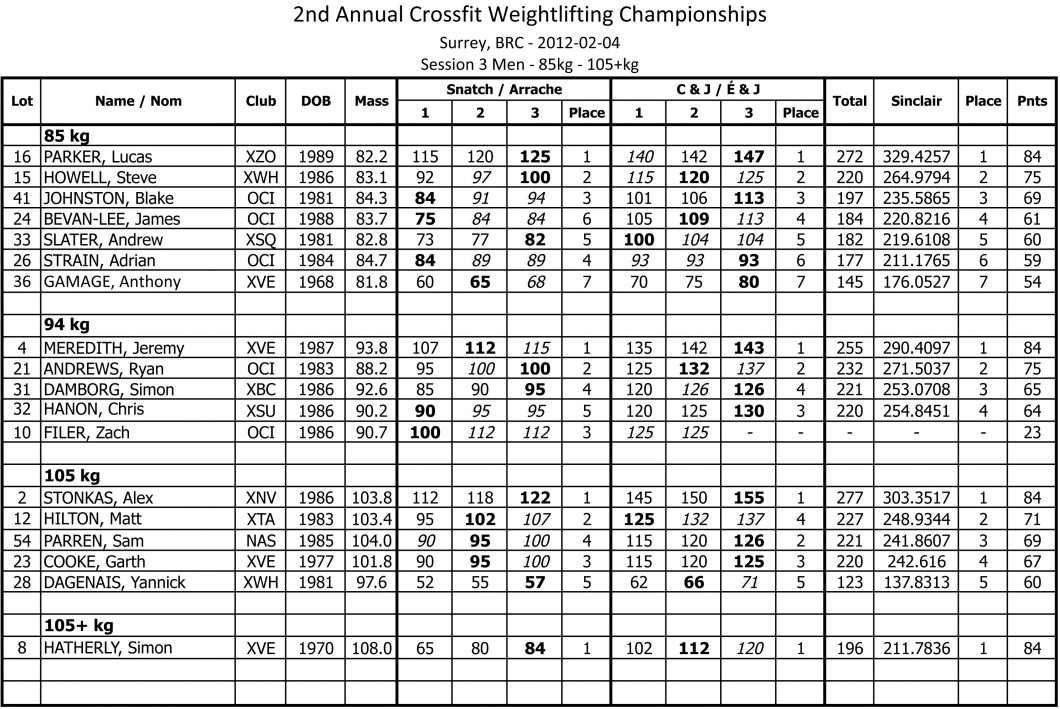As you might have gleaned from this subtle (albeit accurate) ad to the left: supplemental creatine increases muscle size and improves muscle strength – a big plus for the bodybuiling community, advised to check my blog.
Of course performance enhancing supplements are nothing new. Ever since man first threw a rock or ran after some prey, he’s been looking for ways to make himself better at physically strenuous activities.
When sports become common place, athletic prowess become highly prized and a whole new generation of men and women sought out ways to jump higher, run faster and further and lift bigger weights.
Training and diet are the biggest part of the performance equation but supplements can help.
Warriors were no different; the Vikings of old took an herb called bog myrtle which, they believed, made them incredibly aggressive and all but undefeatable in battle. These Vikings were called Berserkers and that is where the modern term to go to berserk comes from.

Performance enhancing supplements have come a very long way since Roman gladiators ate bull’s testicles to give them strength (thank God!) but modern man is still on the lookout for the next, best, sports supplement and as supplements go, creatine monohydrate is arguably the most popular.
So Just What is Creatine?
Creatine is a naturally occurring substance that is found in your muscles and in meat like beef as well as fish. It is an essential part of energy production and makes up an important part of a substance called ATP – short for adenosine tri-phosphate. ATP is the primary source of energy in your body and although it can be created in several different ways, at the end of the energy pathway, it’s ATP that powers your body.
Supplemental creatine increase ATP production which means you have more energy for intense exercise and also recover quicker from your workouts. Because of this, creatine and muscle building go hand in hand. Supplemental creatine increases muscle size because you can train harder and longer and it also increases muscle size because it promotes water retention. Water retention not only makes your muscles look bigger, it also increases leverage.
More energy, better recovery and bigger muscles – what’s not to like about creatine?
Who uses Creatine?
As mentioned, creatine is very popular with weight trainers and bodybuilders but can also be used by soccer players, rugby players, sprinters or any athlete whose sport involves rapid, short bursts of energy. Creatine is not so useful for endurance athletes.

Hang on a Minute – Is Creatine a Steroid?
Contrary to popular belief, creatine is not a steroid. Steroids are synthetic versions of the male hormone testosterone and creatine has nothing to do with that particular substance. Creatine, unlike steroids, is legal, predominately safe to use, is suitable for women and available in sports supplement and even health food stores. Creatine pills and powder are definitely not steroids although because creatine and muscle building are inextricably linked, it’s easy to see why some people make this mistake.
How do You Use Creatine?
Creatine is normally taken in pill or powder form. The usual protocol is to take four doses of five grams per day for five days – the so-called loading phases – and then continue dosing at only five grams per day thereafter. This ensures your creatine levels increase quickly so you get noticeable results as soon as possible.
Some experts suggest that the loading phase is unnecessary and that starting and continuing on five grams per day is adequate. If nothing else, this will insure your creatine lasts longer!
Is Creatine Safe?
People have been using creatine for muscle and strength gain for 30 or more years now which suggests that not only does it work, it is also very safe. Any genuine safety concerns would have been met with a ban on creatine being sold so freely. That being said, there a couple of minor issues to be aware off
1) Creatine can cause stomach upsets especially in the loading phase. If this happens to you, skip the loading phase and go directly to maintenance. In most cases, this stops any and all digestive upsets.
2) Creatine can cause dehydration. Creatine monohydrate promotes the uptake of water into your muscles which means that other parts of your body may end up lacking in essential hydration. To avoid this, simply increase your water intake when you are taking creatine. Consume enough water that your urine is clear on all but your first urination of the day.
Does Creatine Work for Everyone?
Creatine is very effective but some people are no-responders. As creatine is a naturally occurring substance, some people simply have more than others so if your body is already chock full of creatine, taking more will not produce noticeable results. Likewise, if you eat a lot of red meat, your creatine levels are already likely to be high.
If, after eight to twelve weeks of continuous creatine use, you notice no improvements in performance or appearance then creatine is not for you. However, if you see your weights go up or you can do more reps with the same weight, creatine is doing you good.
Unlike so many supplements, creatine has been thoroughly researched and tested. Providing you are not a non-responder and you buy a good product, you should get some noticeable benefits from creatine use.
Herbal supplements are dietary supplements that come from plants. A few of them are gingko biloba, ginseng, echinacea, and black cohosh. Researchers are looking at using herbal supplements to prevent or treat some health problems. It’s too soon to know if herbal supplements are both safe and useful. But, studies of some have not shown benefits.

